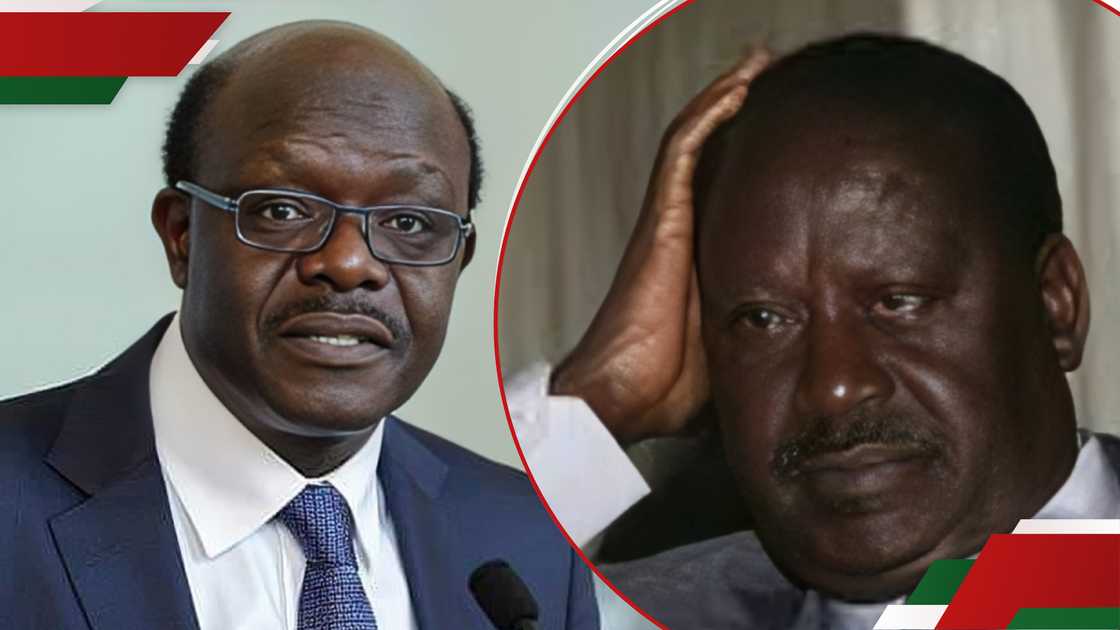Ahead of the African Union Commission (AUC) elections, several experts have shared their perspectives on the factors that may affect the outcome of the polls.

Among them, former UNCTAD Secretary-General Dr Mukhisa Kituyi offered a detailed analysis of the challenges Raila Odinga encountered in his pursuit of the AUC chairmanship.
Several days before the election, Kituyi highlighted several obstacles that Raila's campaign faced.
He pointed out that Raila, a non-French-speaking candidate, was competing against Djibouti's Mahamoud Ali Youssouf, a French-speaking Muslim, which gave Youssouf a significant advantage in the race.
In this region, the dynamics of choosing effective leaders don't always match the quality of their campaigns. Historically, Francophone Africa tends to vote collectively in elections, making it challenging for them to support a non-Francophone candidate when a French-speaking candidate is running.
He also emphasized the roles of religious and geopolitical factors, noting the effects of Kenya's recent diplomatic actions.
There is a significant Muslim population in Africa, and Kenya's decision to side with Israel during the Gaza conflict was not well-received by them. This stance made President William Ruto a liability when seeking support in Arabic-speaking Muslim countries. The main opposition candidate, a French-speaking Muslim, posed an additional challenge to his chances.
Furthermore, Kituyi highlighted the division in votes among English-speaking countries.
"SADC has thrown its weight behind Djibouti. While Raila has done his best, it remains extremely challenging under these circumstances," he concluded.
During the election, Raila ultimately dropped out of the race in the sixth round, as Youssouf maintained a leading position from the start.
In the crucial seventh round, Youssouf gained 33 votes, the minimum needed to become the AUC chairperson.
After the polls, Kituyi, in an interview with Citizen TV on Saturday, February 15, pondered Kenya's approach to international appointments.
"It is a welcome development that Kenya is recognizing the significance of backing its contenders for key global roles. Nevertheless, Kenya should start spotting and cultivating talented youth in relevant fields from an early stage, rather than rushing to present candidates at the last minute," he recommended.
The outcome should serve as a lesson for Kenya to adopt a more strategic and forward-thinking approach to securing influential roles on the global stage.
More to follow...
